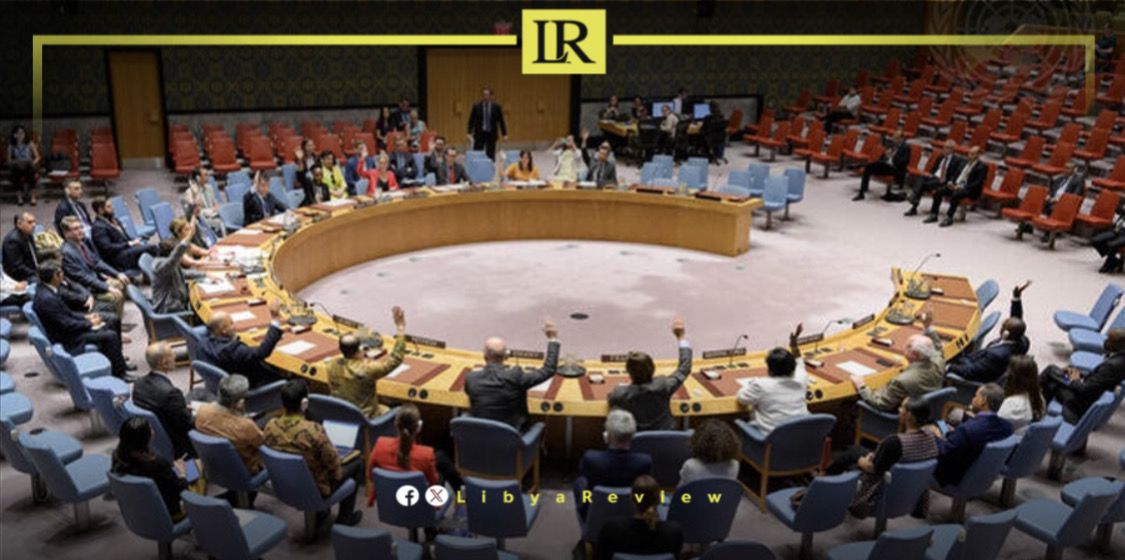The United Nations Security Council is set to hold a session this November to receive a briefing from International Criminal Court (ICC) Prosecutor Karim Khan on the latest developments regarding justice efforts in Libya.
Khan’s update will focus on the ICC’s initiatives to ensure accountability for war crimes and human rights abuses, a crucial issue as Libya continues its struggle with instability and violence.
This briefing will offer insight into specific actions the ICC has taken to address the widespread atrocities that have plagued Libya in recent years.
Among the expected updates are details about arrest warrants issued for members of various militias, targeting those involved in serious crimes against civilians. These efforts are part of the ICC’s ongoing commitment to prosecute those responsible for violence, to support a safer, more stable Libya.
Since 2011, the ICC has been mandated by the UN Security Council to investigate and prosecute serious crimes in Libya. The upcoming November briefing is expected to address the court’s recent actions, including the issuance of new arrest warrants targeting militia leaders and individuals responsible for major human rights violations.
Khan is anticipated to detail the steps taken to hold these individuals accountable, which may involve cooperation with regional partners and international organizations. However, progress has been challenging due to Libya’s complex political landscape, where fractured power structures and continued armed conflicts often impede justice efforts.
Khan’s upcoming report is expected to underscore both the achievements and the challenges in pursuing justice amid Libya’s ongoing conflict. The ICC’s role, authorized by a 2011 UN Security Council mandate, represents an important part of the international community’s efforts to reinforce stability and the rule of law in Libya.
The Security Council’s November session highlights the urgency of accountability and may pave the way for renewed international support to strengthen Libya’s institutions and legal system.


